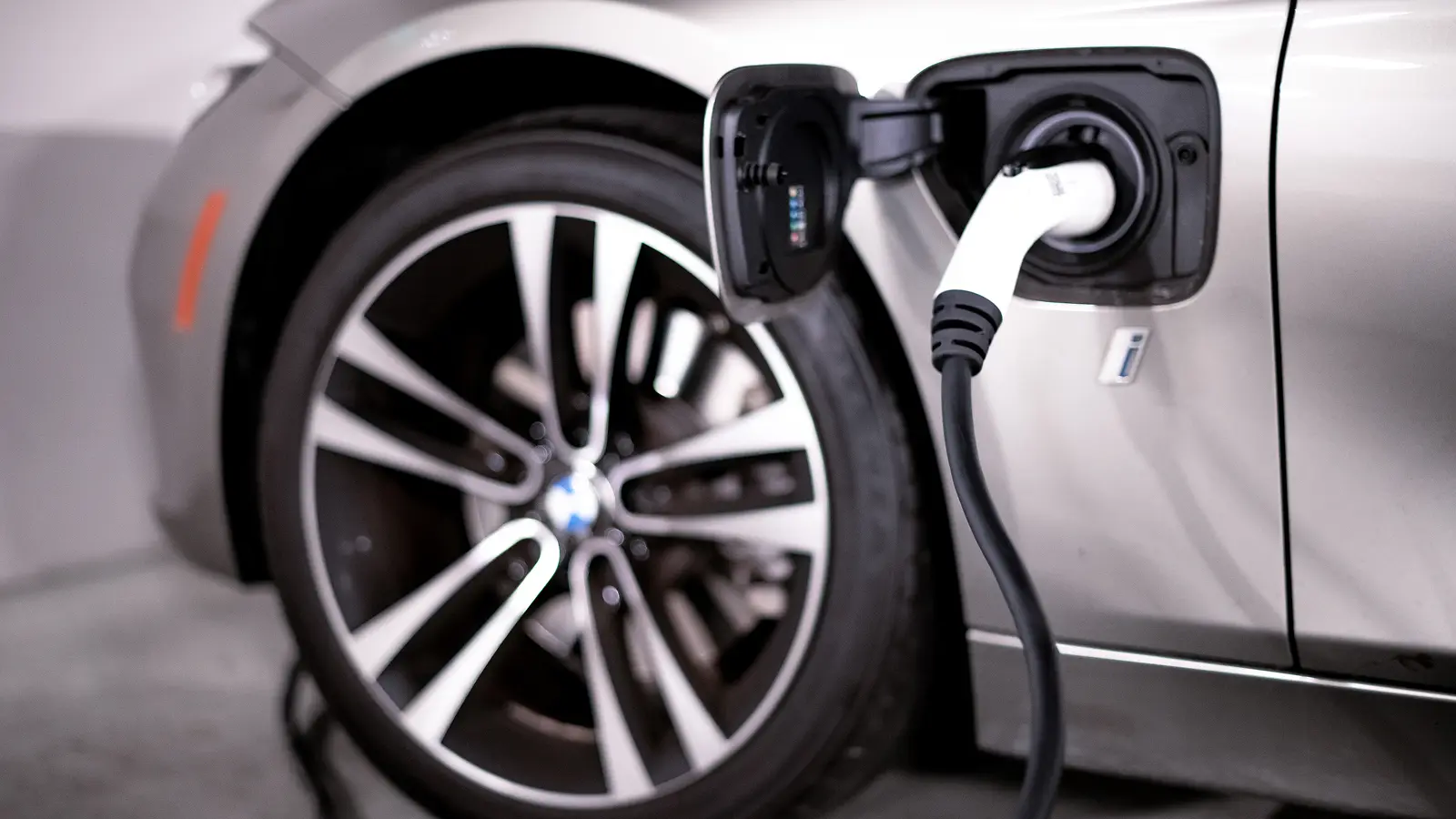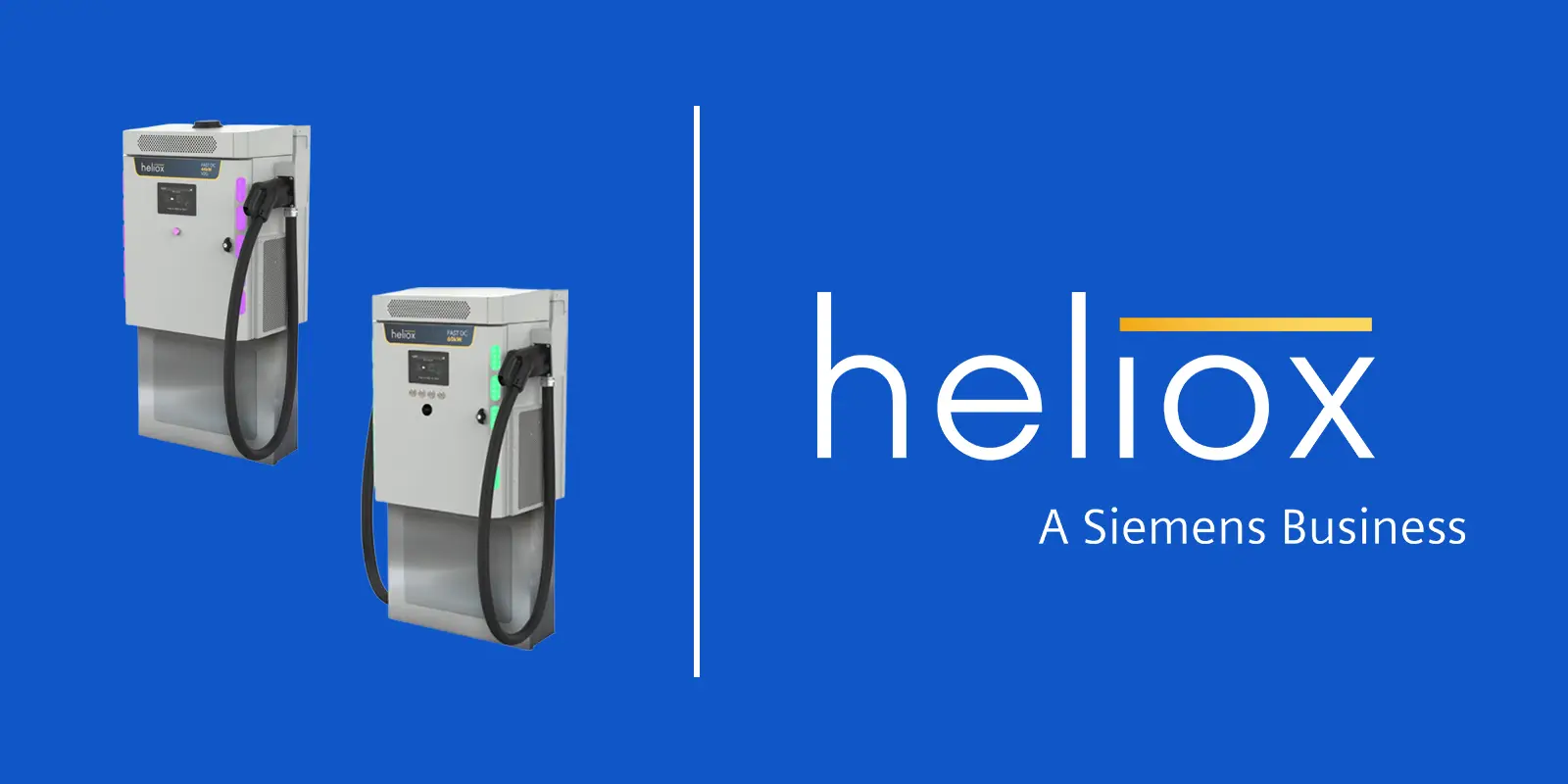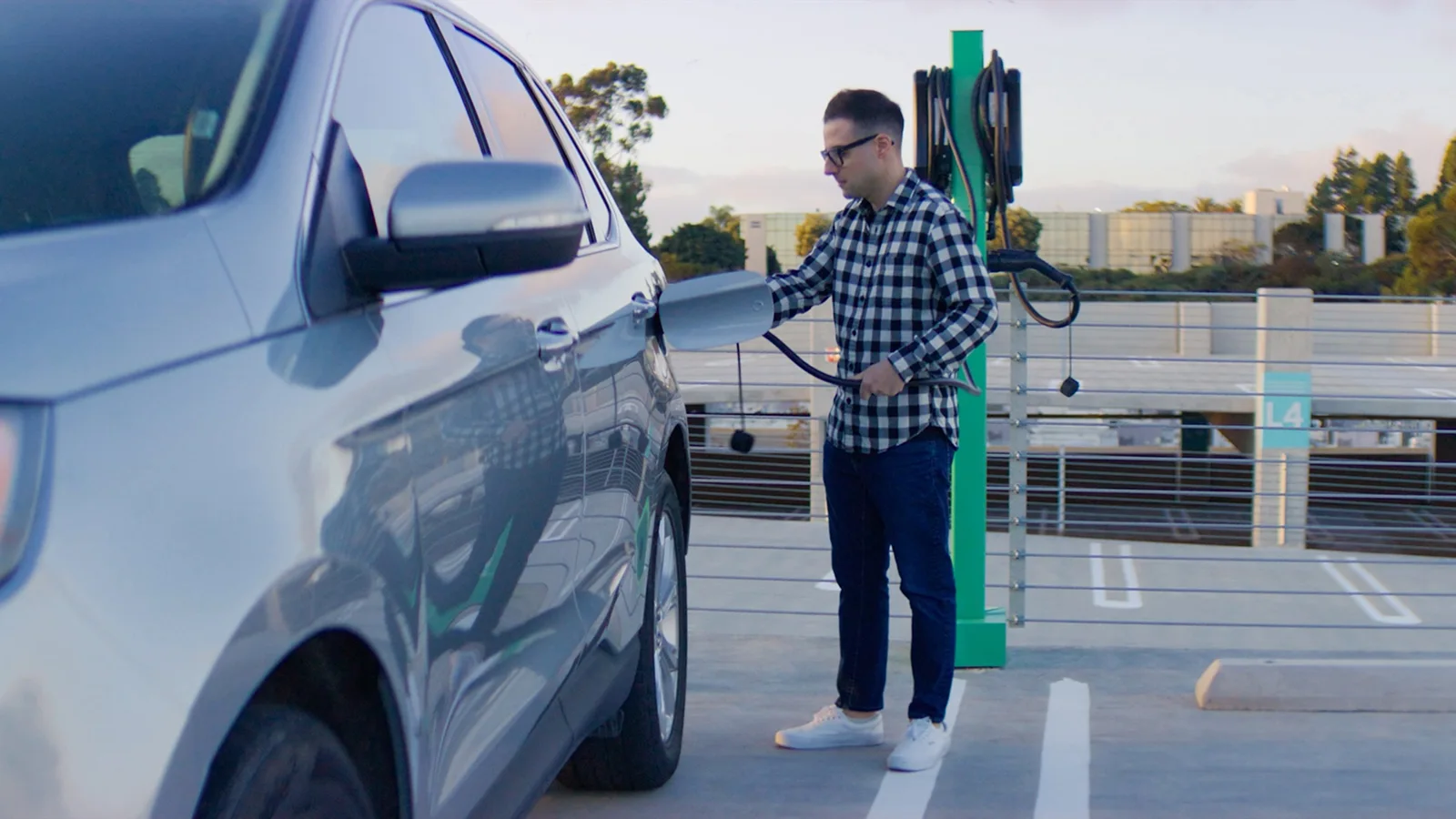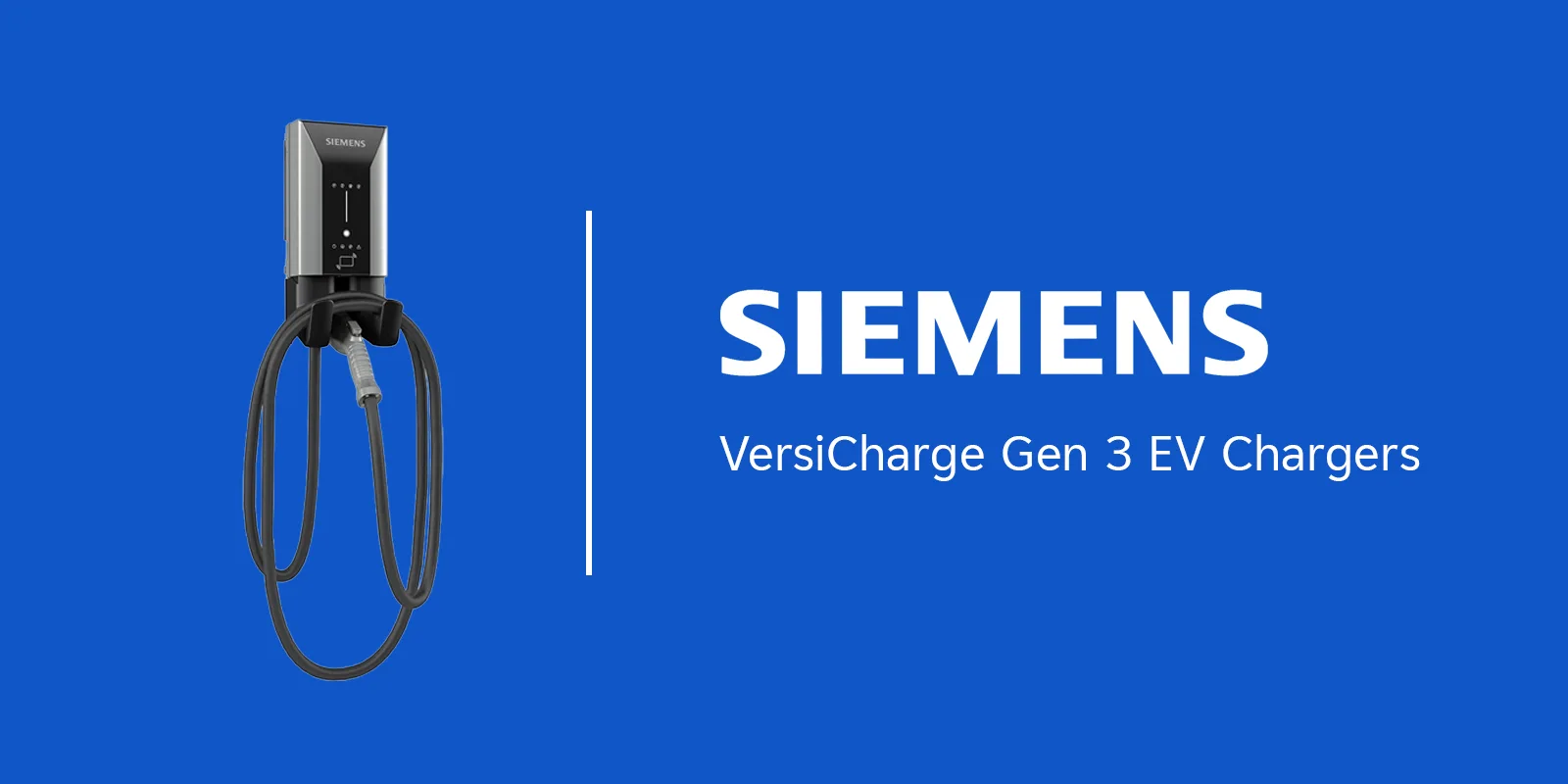Maximize Your Incentive Savings: Stack NYSERDA Charge Ready and LMTIP for EV Charging Projects in New York

As New York accelerates its transition toward clean transportation, installing EV charging stations is essential for attracting tenants, supporting employees, and keeping fleets future-ready. But while the benefits are clear, the upfront investment can be a sticking point for companies and property owners.
New York businesses don’t have to shoulder those costs alone. By combining NYSERDA’s Charge Ready program with the Joint Utilities of New York’s Load Management Technology Incentive Program (LMTIP), organizations can drastically reduce installation and energy management expenses. This “stacking” approach maximizes savings, making workplace, residential, and fleet charging more accessible and cost-effective than ever before.
About the Programs
Charge Ready, managed by the New York State Energy Research and Development Authority (NYSERDA), covers a portion of the cost of Level 2 charging stations. LMTIP, run by the state’s six Joint Utilities, helps fund energy storage and load management technology — critical tools for controlling demand and costs. Here are the key things to know:
- Application Process: First come, first served with a rolling application window
- Eligible Equipment:
- Charge Ready: Level 2 EV chargers
- LMTIP: Load management software and hardware, energy storage, storage-integrated chargers
- Funding Availability:
- Charge Ready: Up to $300,000 per entity, per year
- LMTIP: $24.8 million available across six utilities
- Award Maximums:
- Charge Ready: Up to $4,000 per port
- LMTIP: Up to 20% of a utility’s total LMTIP budget per project
Together, these programs represent a unique opportunity for New York property owners to offset both upfront hardware and long-term operating costs.
Eligibility Requirements
To take advantage of stacking incentives, projects must qualify under both programs. Here are the key requirements for each:
Charge Ready
To qualify for the Charge Ready program, workplaces must have at least 20 employees and a minimum of 20 parking spaces. Multi-unit dwellings — including apartments, hotels, and motels — are also eligible if they contain 10 or more units and provide at least 20 parking spaces. Fleets can participate as well, but only if they consist of Class 2 or lower vehicles. Funding for fleets is limited to a maximum of two charging ports per site.
Charge Ready also sets parameters on project scale. Each site must install at least four ports but no more than 40. Larger sites, defined as workplaces with more than 100 employees or multi-unit dwellings with more than 25 units, are required to install a minimum of 10 ports. These thresholds ensure that funded projects make a meaningful impact on EV charging availability across commercial properties.
LMTIP
Commercial customers in the Central Hudson, National Grid, Con Edison, NYSEG/RG&E, and Orange & Rockland service areas are all eligible to apply to the LMTIP program. Applicants must also demonstrate active participation in their utility’s EV-focused programming. That means sites must be concurrently applying to, already enrolled in, or have successfully completed an eligible utility EV charging program, with specific requirements varying by provider.
Additionally, projects must satisfy each utility’s technical standards, which typically include minimum power ratings for chargers, warranty provisions, and proper grid connection for all equipment. Finally, costs covered by LMTIP must remain clearly separated from those claimed under Charge Ready.
Funding Structure: How Much Money Can You Receive?
Charge Ready and LMTIP can be combined to generate significant incentive savings. Here are the funds you may be eligible to receive under each program:
Charge Ready
- Workplaces & MUDs: Up to $3,000 per port for equipment and installation; up to $4,000 per port if located in a Disadvantaged Community (DAC)
- Fleets: Up to $1,000 per port (maximum of two ports per site)
- Bonus incentives: Up to $10,000 for projects that meet additional requirements
LMTIP
- Load Management Software: Up to 90% of costs over a 5-year contract
- Load Management Hardware: Up to 60% of costs
- DAC Sites: Select utilities (like Orange & Rockland) may cover up to 100% for projects located in DACs
PowerFlex Helps You Stack Charge Ready and LMTIP Incentives
The process of applying, qualifying for, and maximizing stackable funding requires the expertise of a dependable EV charging solutions provider with extensive incentive experience. That’s where PowerFlex comes in. Our results speak for themselves:
- $40 million in funding secured for customers across the U.S.
- 40,000+ EV chargers managed nationwide
- Adaptive Load Management® software cuts energy costs and optimizes charger performance
- End-to-end support is available, from site design and installation to utility coordination and compliance
Leading organizations like Kaiser Permanente, DHL, Hilton, and Bosa Development trust PowerFlex to deliver scalable, cost-effective EV charging solutions. Whether you operate a corporate campus, a residential community, or a fleet depot, we'll help you capture every available dollar of incentive funding you’re entitled to.
Ready to Get Started?
Stacking Charge Ready and LMTIP can help you deploy cost-effective EV charging at your facility, but timing matters. Talk to a PowerFlex expert today to learn how to maximize your eligibility and savings.



